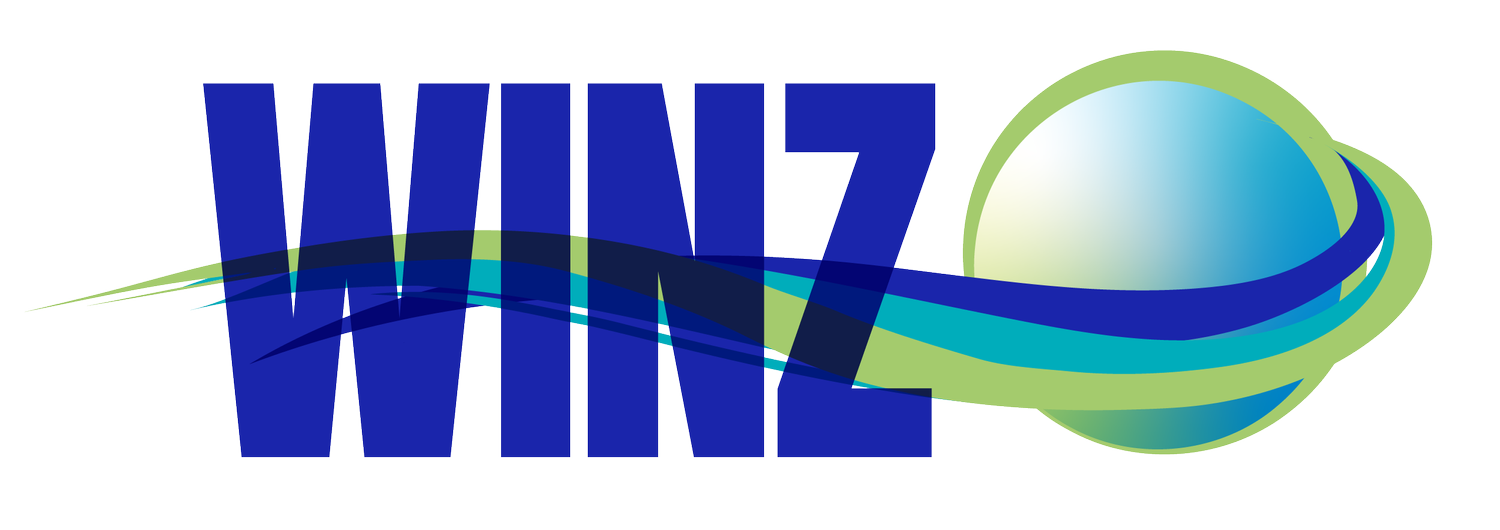
Water actions for Net Zero
WINZ is working to improve knowledge and influence policy on water’s key role in climate action.
Water is a major part of the solutions to achieve the greenhouse gas emission targets being set by political leaders and decision makers around the world. Better freshwater and wastewater management can reduce emissions, boost resilience, and deliver substantial social and economic benefits.
Here’s how.
Nature
Wetlands, and especially peatlands, remove and capture even more carbon from the atmosphere than forests do. Better water and soil management can increase carbon capture and reduce methane emissions from freshwater ecosystems. Improved forest water management is critical to reduce vulnerabilities to wildfires.
Water Supply and Sanitation
Emissions from wastewater are roughly the same as aviation (about 2% of global emissions). 4% of global electricity use - is required to abstract, store, treat and distribute water for domestic and industrial uses. Improving the delivery of water utilities can reduce emissions and lower costs over time.
Agriculture
Smart management of water for agriculture can reduce energy needs, increase carbon sequestration into soils, improve water retention, and reduce greenhouse gas emissions. Methane emissions from rice production can be reduced 50-90 percent with improved water management and irrigation practices.
Energy
The shift to any renewable energy has the potential to reduce pressure on water resources but can also create higher demands on water. Pathways to a clean energy transition require concerted action to reduce vulnerabilities of renewable energy grids to water and climate impacts.




